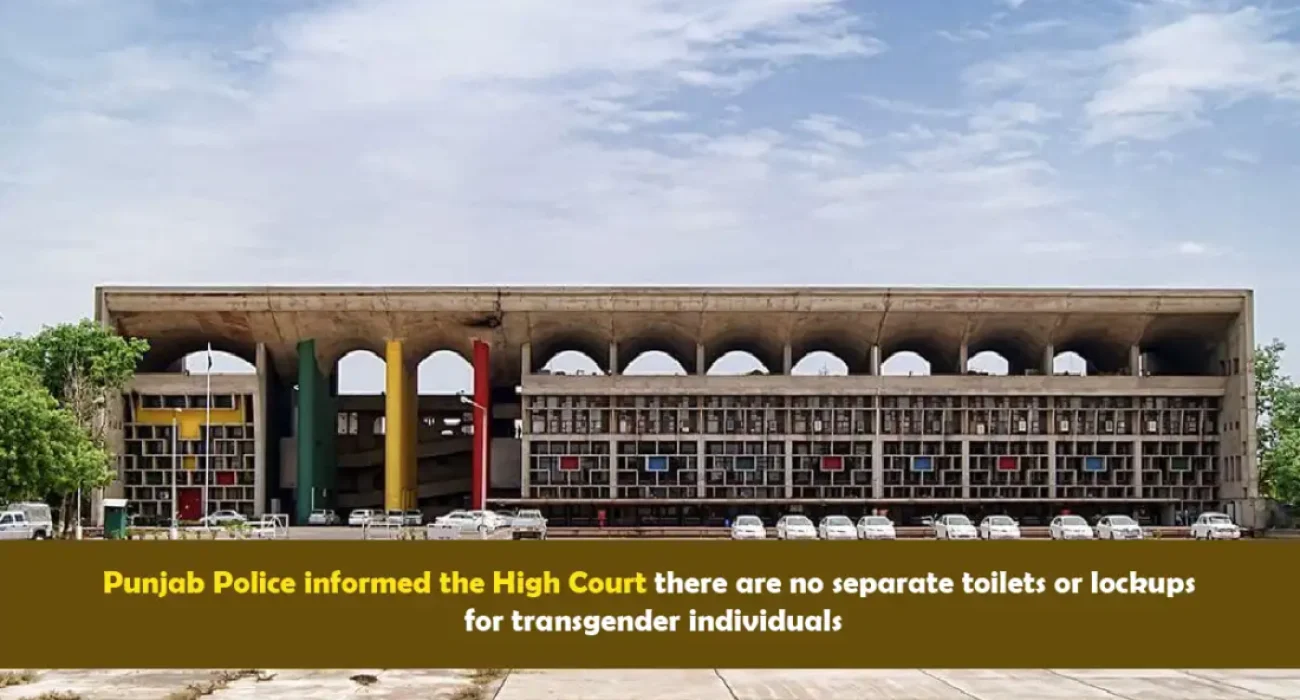

Table of Contents
ToggleSunpreet Singh, an advocate, filed a petition before the Punjab & Haryana High Court, highlighting the need for separate lockups and toilets for transgender individuals in police stations and prisons. The plea emphasized that transgender persons, recognized as a third gender, require dedicated facilities in order to safeguard them from potential mental and physical harassment. This request was grounded in the Supreme Court’s ruling in NALSA v. Union of India (2014 INSC 275), which recognizes transgender rights. Singh’s petition also cited the Patna High Court’s decision in LAW Foundation v. State of Bihar & Ors.( Civil Writ Jurisdiction Case No.2658 of 2022), where the court directed the creation of separate cells and wards for transgender persons in Bihar prisons.
Petitioner’s Contention: The petitioner argued that transgender individuals face significant risks of abuse and sexual violence in custodial settings, particularly in shared spaces with male inmates. Therefore, separate cells, wards, and toilets should be provided in prisons and police stations to protect their rights and ensure their dignity, in line with the Supreme Court’s decision in NALSA v. Union of India.
Punjab Police’s Response: In an affidavit, the Punjab Police acknowledged that there are no separate lockups or toilets for transgender persons in district police stations. However, they assured that when a transgender person is brought to a police station, their identity is verified either through medical examination or through official identification documents such as an Aadhaar card or Voter ID.
In LAW Foundation v. State of Bihar & Ors., the Patna High Court highlighted the steps to protect transgender persons in conflict with the law, particularly those housed in jails and police custody. These measures, implemented by the Bihar prison authorities, are as follows:
The Punjab & Haryana High Court took cognizance of the petition and sought responses from the governments of Punjab, Haryana, and the Union of India. The court is examining the matter and has listed it for further hearing on September 27. The case raises important questions regarding the rights and protection of transgender individuals in custodial settings, particularly in the absence of necessary infrastructure like separate lockups and toilets.
IAW resources
Browse our help directory